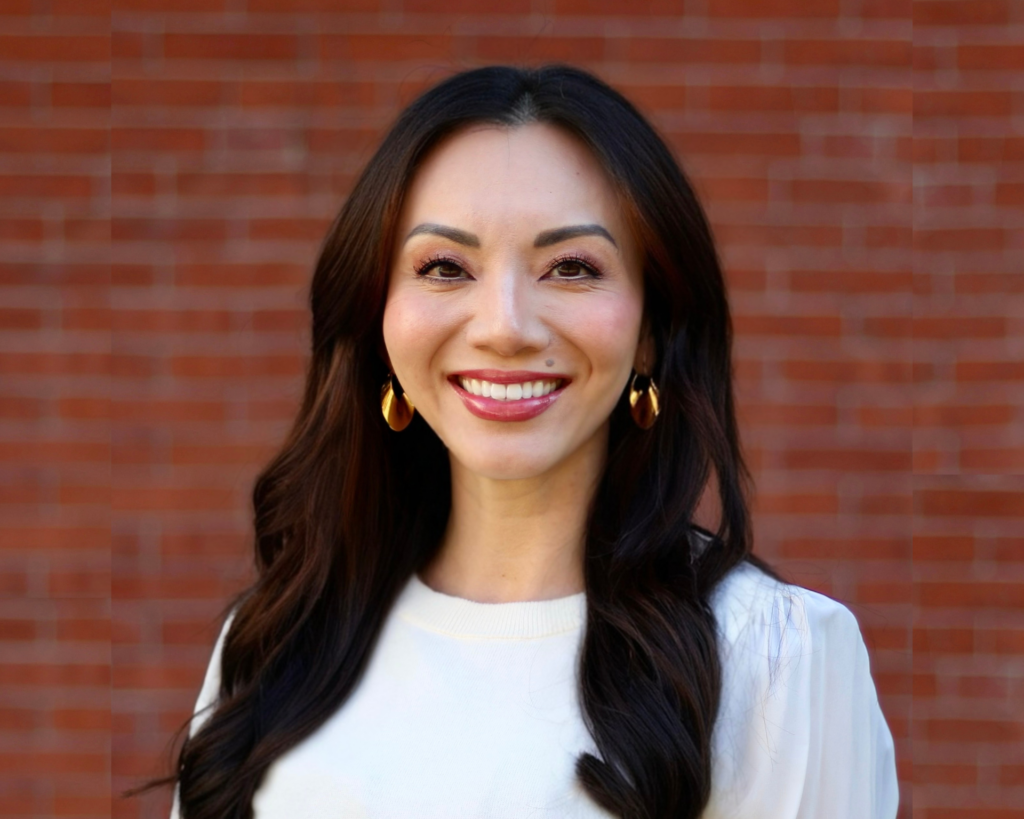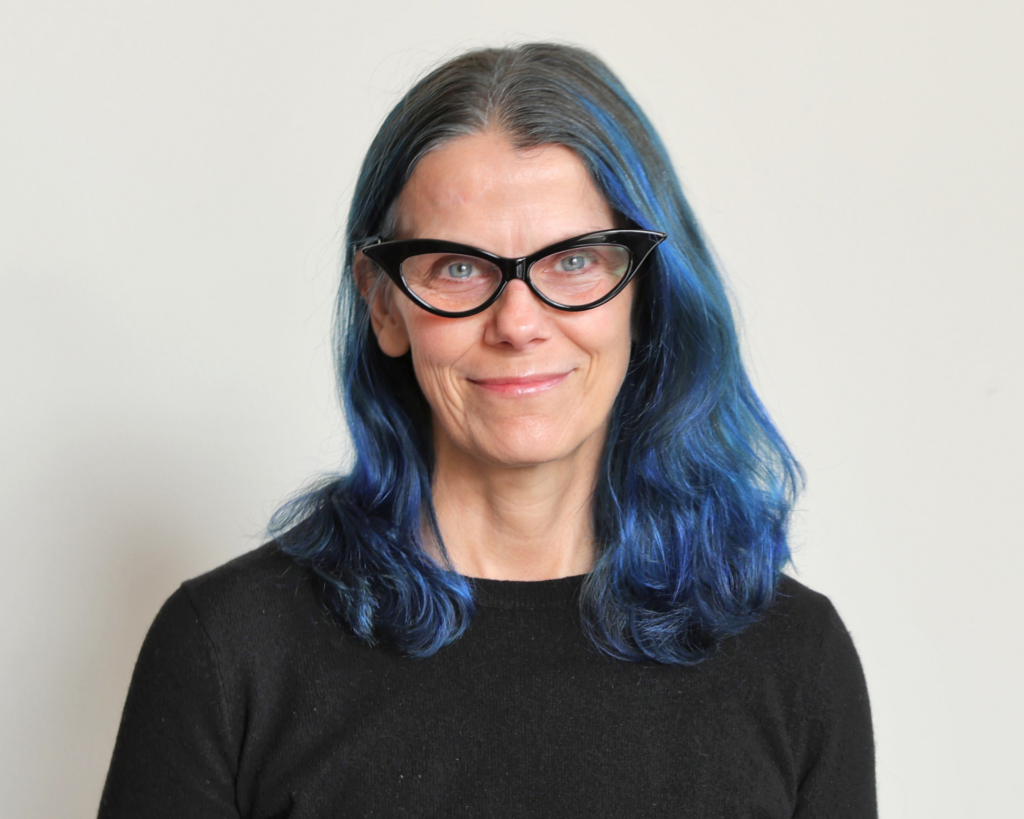2022 Year in Review
Executive Editor Michael Stein reviews some of this year's posts, announces the 2023 PHP fellows, and says goodbye to the 2022 fellows.

Read Time: 5 minutes
Published:
Dear PHP Readers,
Another holiday season is upon us and COVID-19 hangs around, continuing to pressure how we live and work. Another 250,000 Americans died in the past year from the infection, and we are beginning to see the enormous trailing mental and physical health effects of tens of millions of infections. Nearly half of Public Health Post’s history has now involved pandemic life. In 2022, in the PHP way, we looked into the corners of American life to record COVID’s effects: on public transit, on declines in birth rates, on adolescent suicides, on religious narratives about illness. On the positive side and in response to this infectious catastrophe, we learned that public health department budgets are up nationwide, although we’re still not sure most Americans understand the full array of activities and aspirations of public health, an understanding that will be required if funding is to remain adequate to making us healthier. So our job continues here at PHP.
We made it through a recent election season filled with new fears of anti-constitutional actions and democratic dissolution. This time, we came through into a world that continues to count votes, a world of basic sanity. The winner of this past year’s PHP student essay contest took up the idea that Americans shape the social drivers of health by protecting the right to vote and more powerful by casting their ballots. But only 27% of Americans under the age of 29 voted in 2022, a concern for the future.
In a world of misinformation, we have kept our editorial eye on peer-reviewed research related to the foundational forces that influence health and make us vulnerable to the next pandemic. Each week we write about the health of our neighborhoods, our social safety net, our workers, challenges to our environment, our attempts to ameliorate the socioeconomic inequities that create poor health and the life-limiting legacy of racial segregation. And we’ve let our editorial eye wander again to those odd corners of American health and attitudes, when we write about laundromats and swine farms, about welfare stigma and climate anxiety.
In these pandemic years the work at PHP has become more important than ever and more recognized as a unique contribution to the important conversations happening across our nation. Our readership continues to grow. We are reaching new populations, cities, countries every day. In 2022 thus far, more than 300,000 readers consumed PHP’s assortment of Research, Viewpoint, and Databyte articles. We interviewed leaders from business, national organizations, academia and our local communities to get their views of our nation’s risk, struggles, and successes.
If you’re a student, we hope you’ll enter this year’s essay contest about what health priorities the new Republican speaker of the House of Representatives should focus on in 2023.
If you have been reading PHP since we began this experiment six years ago, thank you. If you’re new to PHP, you can learn about how we feature new articles about the state of the health of the population every day. You can stream our episodes of PHPod, catch our Instagram Reels, and meet the newest generation of health leaders and activists. If you’re a student, we hope you’ll enter this year’s essay contest about what health priorities the new Republican speaker of the House of Representatives should focus on in 2023. Entries are due January 20, and the prize is $250 and publication in PHP.
Every year, the writing staff of PHP transforms. Readers have spent this year with our hard-working group of PHP fellows–Barbara Espinosa, Bethany Hallenborg, Connor McCombs, Abby Outterson, and Hannah Tremont—whose pieces you’ve seen published on our website, in social media, and in the PHP Friday Roundup newsletters. They also continued a newer feature in PHP of short series of connected articles that took up topics such as sex work and food security. These five students will finish their graduate studies at Boston University School of Public Health, and pursue careers where we hope their writing apprenticeship helps them make public health communication clearer for us all. Thank you to our 2022 fellows for firing up new discussions about health via their articles. Our 2023 fellows–Caroline Dignard, Sean Hagan, Adna Jaganjac, and Kara Schmidt—will begin to publish in late March. We look forward to seeing their work.
Teresa Wood Kett joined the team as our managing editor last year, improved all our work in rapid order, and is now returning to the practice of public health in her new role as executive director of the Massachusetts Health Officers Association. Adding to our pages, she began writing a fascinating series of profiles of public health practitioners, which she may well continue from her new post. Jennifer Beard, our associate editor, continues to explore new topics with our external contributors from across the globe, and make the writings of our fellows clean and engaging.
We hope we have been helpful as a trusted information source and orchestrator of attention through these difficult times. PHP will continue to educate and entertain in 2023. We resume publication on Monday, January 9, 2023 after our winter publishing break. Again, thank you for reading, writing, and subscribing to PHP.
If you have thoughts, questions, comments, or topics you’d like us to cover, please send them to me at mdstein@bu.edu.
Please remain healthy and safe. Happy Holidays.



